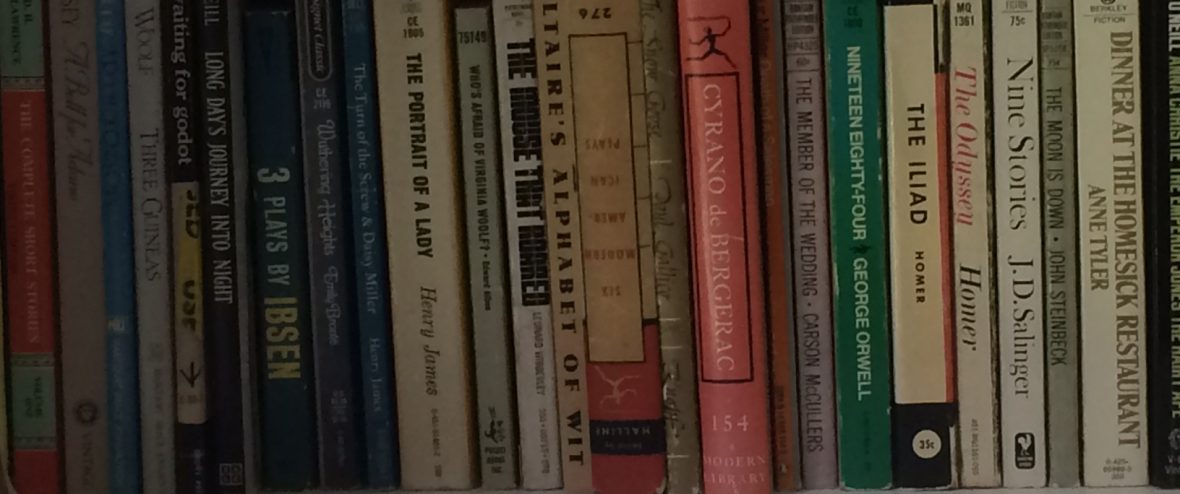Thursday Murder Club; The man that died twice; The bullet that missed; The last devil to die
Please read this series in order. You lose too much if you don’t.
At a peaceful retirement village in Kent, England, four friends meet Thursdays to solve cold case murders in the puzzle room. As these four friends work to solve these murders they make friends with two police officers, and many other friends, new and old, that help them solve the murders. Through the course of these books, you learn of each of these senior’s strengths, and how each fill needs in the overall group. It is through the lived experiences that they are able to accept themselves for what and when they can help the others achieve the group’s goals. They learn to rely upon each other to help open themselves up to the world they are facing, including challenges of aging and identity.
Joyce, narrator to her diary in between the chapters that helps the story move forward, or stay confused, is a former nurse who is the glue that keeps everyone together with her chattering, baking and sunny disposition, but she is struggling to maintain a connection with her adult daughter. Elizabeth, a former spy, takes control of each situation due to her experience in the thick of surviving life, but when it comes to saving her husband from dementia, she is out of her element. Ibrahim is a retired psychiatrist, with an analytical mind and a protective demeanor, who the group relies upon for a cool head and clear insights. Ron, a former union leader, is a staunch Ham football supporter and a bit rough around the edges. His heart is shown when Ibrahim is hurt when he refuses to allow Ibrahim to be alone in the hospital. Add in two Kent detectives, a news caster, a makeup artist, a Polish handyman, a teacher, a KGB operative, a drug dealer, an art forger and a diamond thief and a couple of dead bodies and you have a series of mix ups and intrigue that will keep you and the pensioners on their toes.
The story keeps building upon itself, so the characters are revealed over the arc of the stories, thus the need to read them in order. I am looking forward to seeing where else the group can go, but I am satisfied with the current ending. The last installment showed how the core four friends are understanding of each other and have helped each person be where they needed to be to survive. The gentleness of which they care for each other was so real that I wept. If the story follows only a few, I would be afraid the charm of the group would be sacrificed.
Spend the time getting to know these pensioners – you will not regret it.

You must be logged in to post a comment.